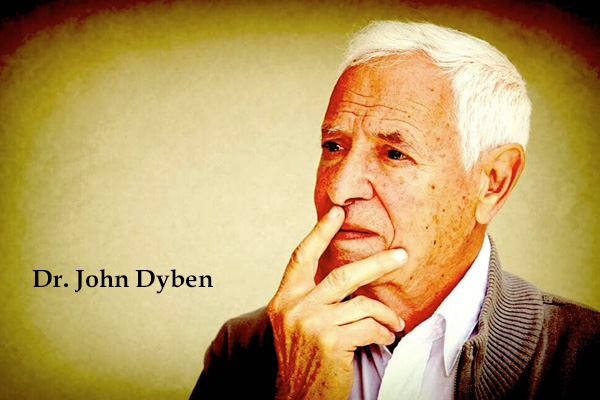WORTH LIVING –
Feb. 25, 2021 – Most of the roughly 13 million in that group who have been prescribed opioids are not struggling with addiction — but too many are.
Medicare beneficiaries have become addicted to the drugs at a faster rate than any other age group. One analysis found that the diagnosis for opioid use disorder (OUD) among Medicare prescription drug beneficiaries grew by 377% between 2008 and 2017 to more than 900,000 patients.
“When older adults suffer in addiction they are often suffering in the solitude of their own home away from our eyes,” said Dr. John Dyben, a doctor of health sciences, addiction therapist and chaplain who serves as the chief clinical officer for Origins Behavioral HealthCare, which specializes in treating substance abuse in older adults, including in Texas and at the Hanley Center in West Palm Beach. There remains this idea that older adults don’t suffer from addiction,” Dr. Dyben said. “Nothing could be further from the truth.
“I’ve seen older adults who love their grandkids and family more than anything else, and they become addicted, which completely disconnects them. So it is a terrible loss and a horrible experience, but we in our culture don’t see it, so we largely think it doesn’t exist.”
While Medicare long has covered opioid pain medication, it has offered relatively few options for patients who become addicted and want to get off them.
That has changed with new rules that went into effect in January 2020 and 2021, for the first time creating a standard.



